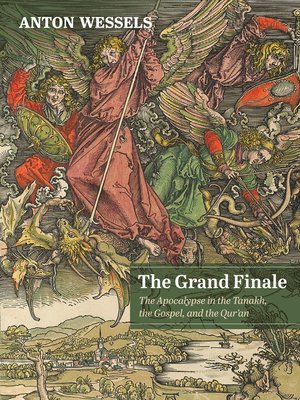
Sign up to save your library
With an OverDrive account, you can save your favorite libraries for at-a-glance information about availability. Find out more about OverDrive accounts.
Find this title in Libby, the library reading app by OverDrive.



Search for a digital library with this title
Title found at these libraries:
| Library Name | Distance |
|---|---|
| Loading... |
We often hear that we are living in apocalyptic times. Wars like those in the Middle East are just more signs that the end is near. That, however, is a misunderstanding of the message of the Bible and the Qur'an. The basic meaning of "apocalypse" is disclosure, revelation, bringing to light what is happening now and what has happened throughout all of history.
The "apocalypse" is not about making predictions about the future but about determining who bears responsibility for injustice in the world. In that sense, all times—including ours—are "apocalyptic," though in a different way than what is usually thought.
Since the devastating Greek conquest of the world by Alexander the Great, there have been apocalyptic insights and "revelatory" readings of the whole Hebrew Bible. The same is true of the New Testament with "Rome" as the world power then. The same apocalyptic message is confirmed by the Qur'an when the Byzantines and the Persians fought for mastery of the world.
The apocalyptic message is that God will put an end to the unjust dominion of violence, money, and lies. God's kingdom will certainly arrive, but not through violence—after all, there "is no violence in God" (Diognetus).







